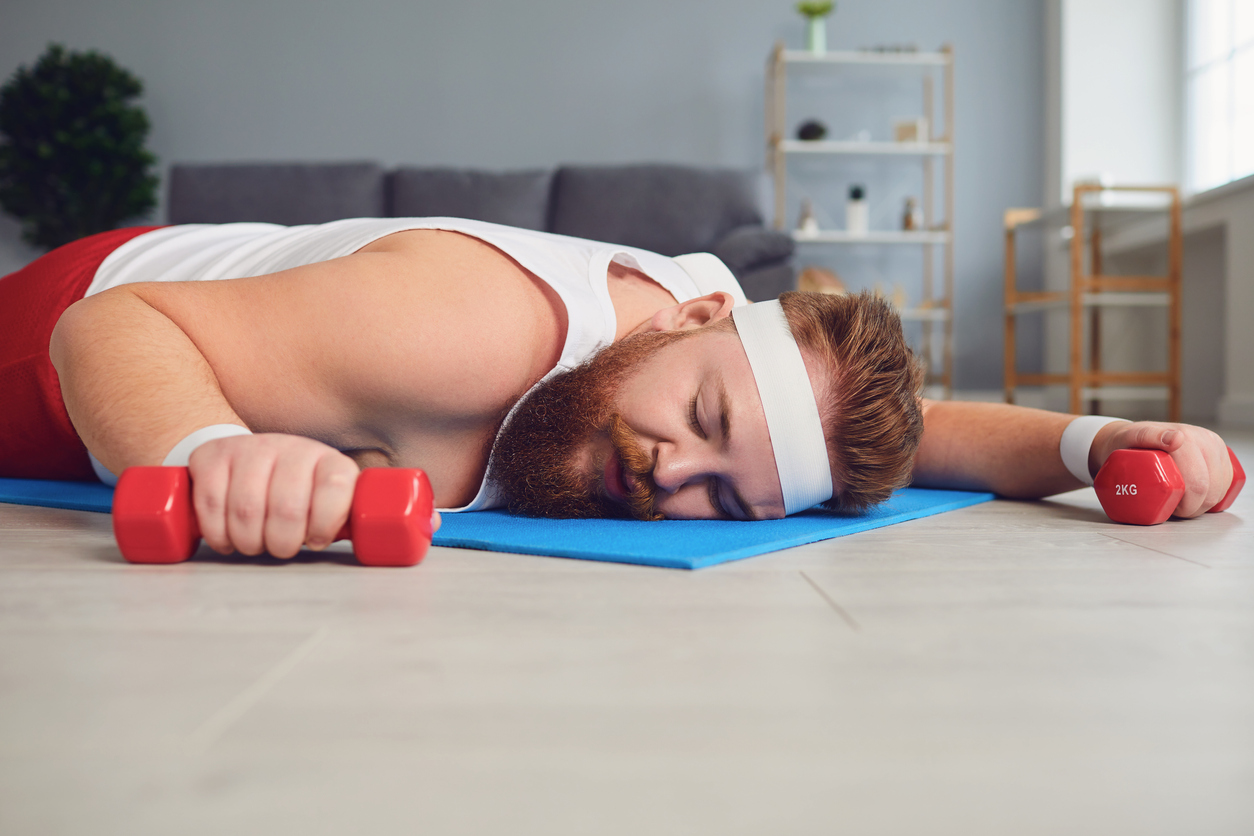
Professional athletes may be some of the most highly esteemed and respected members of our society. They work tirelessly to perfect their craft and do so all while entertaining adoring fans during highly anticipated games and competition.
To achieve optimal athletic performance and avoid sleep deprivation, professional athletes usually have well-thought-out and planned sleep patterns. Getting better sleep is an incredibly vital part of the training process and constitutes a highly specialized field of study, especially in the world of high-level athletic performance and exercise.
Normal sleep, good quality sleep, can help to prevent injuries in high-stress sports like weight lifting or collegiate basketball and increase stamina and lead to faster reaction times and sprint times for basketball players.
Read on to learn more about the most common sleeping habits of elite athletes and why an adequate amount of sleep works wonders for increased performance!
An average of 6 to 9 hours of sleep per night
Elite athletes sleep at least six to nine hours of sleep a day. While this tends to be the number of hours that many people try to stick to, there are specific reasons as to why it is so important for a top-level athlete to get a good night’s sleep and avoid sleep deprivation.
For starters, sleep acts as the most effective recovery period in an athlete’s daily routine following rigorous exercise. Stretching and rest days are essential as well, but the body tends to heal and relax at a much faster rate during sleeping hours.
When the muscles have time to heal and rest during this period, the recovery heightens an athlete’s physical endurance, performance and reaction times. Athletes need this recovery period to perform well during training and competition. Even one night of disrupted sleep can have an adverse effect on overall performance.
Also, getting a full six to eight hours of sleep can help with cognitive performance as well as physical ones. Mental clarity is just as important as the physical capacity in all professional sports.
By getting enough sleep time, the body can go through a complete REM cycle. REM sleep allows deeper resting, giving the body a chance to recover after a long day of physical activity.
A Nightly Routine
Athletes have to find ways to relax to ensure that they are at their best and ready to go by morning. In many cases, this comes in the form of a nightly routine to wind-down.
RELATED: What Are The Best Military Sleep Techniques?
Dr Mark Rosekind, an expert in sports medicine, who has worked with Olympic athletes, explains that a top-level competitor trains their body to sleep, just like they train for competitive sports. Dr Rosekind has conducted various studies and has helped athletes develop nightly routines for years.
By creating a strict schedule to stick to, a professional is much more likely to get the amount of sleep they need. Nightly routines usually mean limiting screen time at the end of the day and practicing mindfulness to relax naturally.
Many athletes will meditate or do yoga close to their bedtime. These gentle physical activities calm the body and mind. With these practices, a pro sports star can settle after a physically rigorous day and transition to sleep more smoothly.
Sticking to these routines is critical. A professional is often on a strict schedule for training. Going to bed at the same time and waking up at the same time every day is essential to avoid poor sleep or sleep deprivation. Plus, the routine helps the body fall into a habit of getting adequate sleep at night.
Natural Sleep Aids
Heightened activity levels traditionally help a person to go to bed, fall asleep and stay asleep. However, some may still have trouble doing so. In these cases, natural sleeping aids can be useful to improve sleep quality. These aids ensure that they get the rest that they need to function and perform properly.
Melatonin is one of the prevalent natural remedies to help people fall asleep. It is usually available in pill or liquid form and has no side effects.
The brain releases melatonin at night to induce a feeling of sleepiness. More than one study has shown that because it is entirely natural, there are virtually no adverse effects that could occur.
When an athlete has trouble falling asleep or struggles with interrupted sleep, it may be due to irregular levels of melatonin. Irregularities result from higher activity and energy levels, compared to the average person.
By taking a supplement of melatonin, a sports competitor may be more likely to fall asleep faster and stay asleep longer. The natural sleep aid ensures a much higher quality rest.
Additionally, in sport, athletes tend to stay away from things like caffeine and alcohol. Both substances negatively impact sleep and can cause other issues.
Natural products, like melatonin or chamomile tea, are effective, natural options. They are much more likely to help elite competitors feel well-rested and succeed in the long run.
Log of Time Spent Sleeping
This point is a big one for most in sport, and something most trainers recommend. In most instances, a lack of energy or mediocre performance can result from sleep deprivation or even just a poor night of sleep. As such, logging nightly sleeping habits and times is a crucial place to start in order to achieve sleep extension.
Professionals in sport require a healthy and regular sleep routine to achieve peak physical and mental condition. Keeping a log is one of the best ways that they can track their sleeping habits. With a log, they can spot any patterns that may be interfering with their energy levels and performance.
Sleeping too little or too much can have adverse effects such as impaired decision making throughout the next day and can impact overall athletic performance. Studies by the National Sleep Foundation show that by keeping track of the time spent sleeping, there will be a much clearer understanding of the importance of sleep for increased performance. The effects of sleep extension also become obvious.
The Takeaway
A professional sportsperson usually obtains their heightened status by sticking to a strict lifestyle and schedule. How much sleep they get is crucial. A healthy sleep schedule plays a substantial role in the success of anyone in sports. The sleeping habits listed here give insight into how rigorously a sportsperson trains during both waking and sleeping hours. The average, non-athlete can certainly learn some valuable lessons from an athlete’s approach to a beneficial sleep at night, even if they don’t need to develop a super-fast reaction time or sprint like a pro basketball player.




